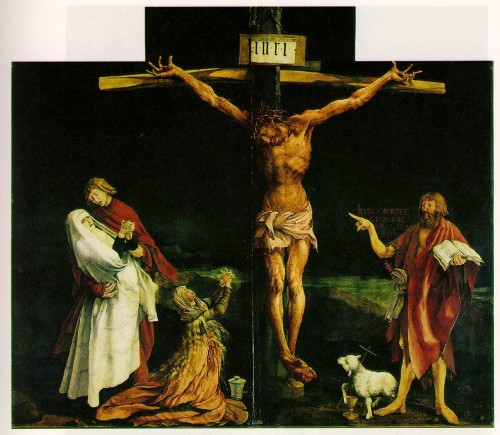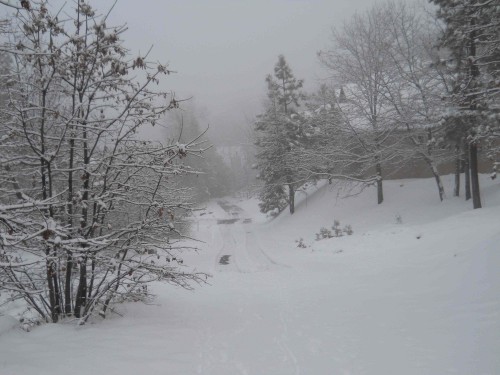God bless our veterans, living and dead. God bless America.
Recessional, by Rudyard Kipling (1897)
God of our fathers, known of old—
Lord of our far-flung battle line—
Beneath whose awful hand we hold
Dominion over palm and pine—
Lord God of Hosts, be with us yet,
Lest we forget—lest we forget!
The tumult and the shouting dies—
The Captains and the Kings depart—
Still stands Thine ancient sacrifice,
An humble and a contrite heart.
Lord God of Hosts, be with us yet,
Lest we forget—lest we forget!
Far-called our navies melt away—
On dune and headland sinks the fire—
Lo, all our pomp of yesterday
Is one with Nineveh and Tyre!
Judge of the Nations, spare us yet,
Lest we forget—lest we forget!
If, drunk with sight of power, we loose
Wild tongues that have not Thee in awe—
Such boastings as the Gentiles use,
Or lesser breeds without the Law—
Lord God of Hosts, be with us yet,
Lest we forget—lest we forget!
For heathen heart that puts her trust
In reeking tube and iron shard—
All valiant dust that builds on dust,
And guarding calls not Thee to guard.
For frantic boast and foolish word,
Thy Mercy on Thy People, Lord!
Amen.
Here is a version of Recessional being sung by Leonard Warren.
(“Far-called, our navies melt away…” I have always found something very stirring about that phrase. I always imagine the shock of some final military disaster striking, and the news spreading, and weeping and numbed silence, the end of hope, the knowledge that the tide has turned against you at last and forever. May we never see such days. And this: “All valiant dust that builds on dust, and guarding calls not Thee to guard.” I think of that one all the time.)


